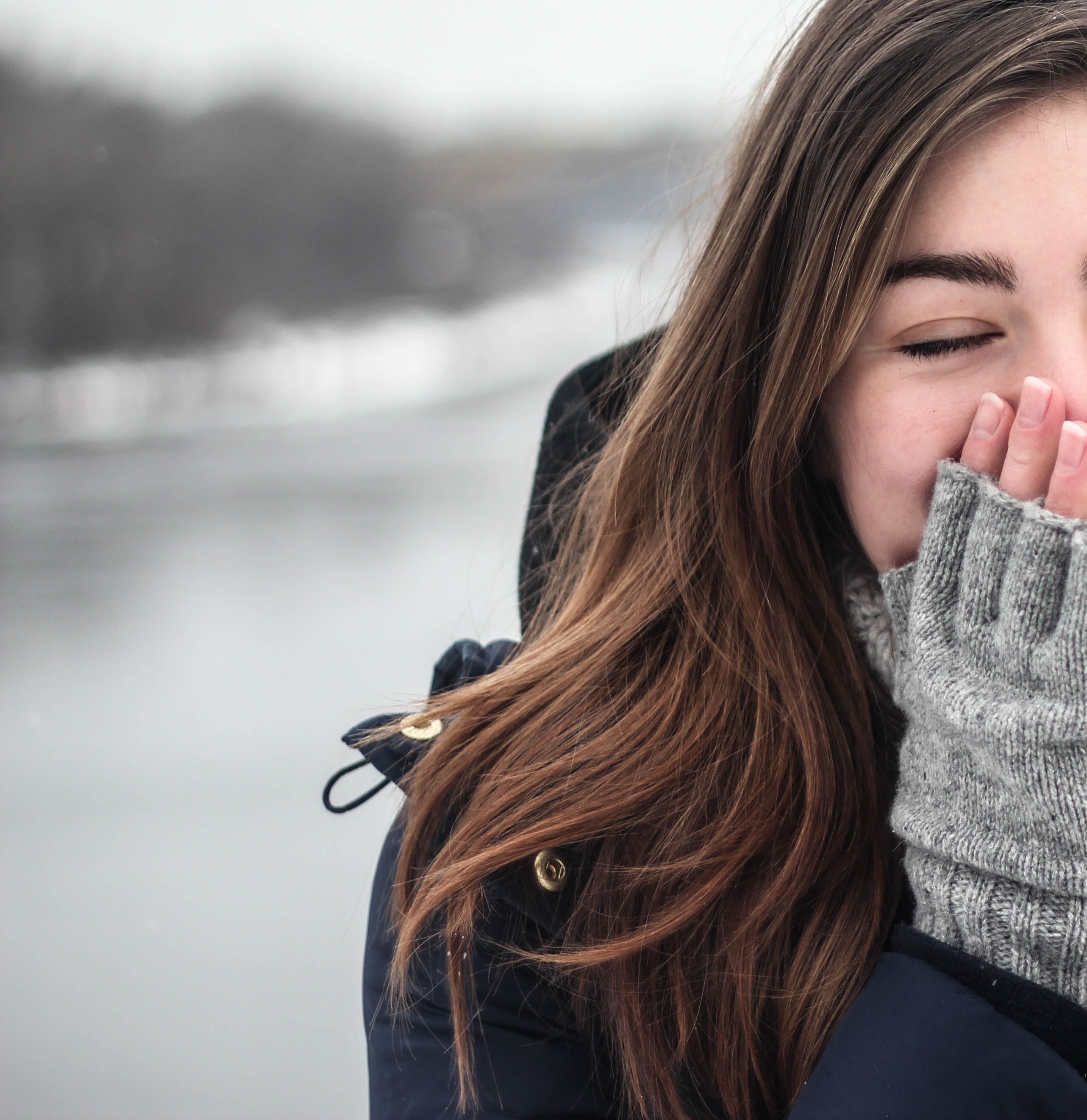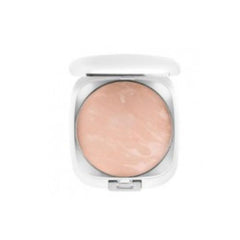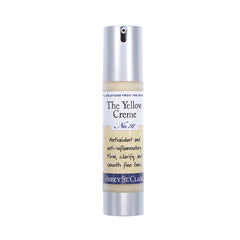Natural Products And Techniques For Fixing Winter Hair Problems

You will have hair challenges over the winter. Think back to years past. Fighting with frizz and static, dreaded hat hair, the feeling as if your locks are breaking off strand by strand every time you use a comb or brush, and so on.
Everyone’s hair is different, but chances are you’ve experienced some of these issues when the weather is cold:
- Breakage
- Split ends
- Frizz and static
- Tangles and mats
- Dry, itchy scalp
- Dry, crunchy hair
- Hat hair
- Wind-blown tangles
This winter, take charge of your hair care so these don’t become problems for you.
Nature provides everything you need for healthy hair, even during cold, dry months.
Step up your winter hair care with all-natural products and a few simple tips that will give your strands maximum protection.
1. Moisturize, moisturize, and then moisturize some more!
Cold temperatures don’t help, but many winter hair issues occur because of dryness.
As you shampoo, condition, spritz, dry, curl, straighten, and otherwise style your hair this season, remember to replenish your hair and scalp’s natural moisture as much as possible.
You’ll notice this theme as we discuss helpful techniques and products.
2. Use products that fight flakes, itchiness, and dryness.
Perhaps you’ve found the perfect products that keep your hair feeling bouncy, smooth, and healthy when the weather is warm. But as soon as the leaves drop from the trees, you feel that familiar tight, itchy feeling on your scalp, and you find yourself brushing flakes off of your shoulders whenever you wear a dark top.
These telltale signs mean the products that work beautifully on your tresses during the summer might need to be retired during the colder months. In their place, substitute anti-itch shampoo and scalp treatments and deep-conditioning treatments that you can leave in for all-day protection.
3. Wash your hair less frequently if dryness is a persistent issue.
As much as you may enjoy that squeaky clean feeling, over-washing your hair during the winter can contribute to the itchiness, dryness, frizz, flakes, and static you want to avoid.
You’ll have to experiment to find a schedule that works best for your hair, but many people who wash their hair every day during the summer fare better with an every-other-day regimen during the winter. If you wash your hair every few days during the warmer months, you might consider washing your hair twice a week when the weather is cold.
4. Choose your conditioners and hair treatments based on your situation.
Fine, thin hair requires different care than thick hair. Curly hair benefits from different products than straight hair. Staticky, dry hair needs separate products from naturally oily hair. This means your hair products should be tailored to your specific needs and not a one-size-fits-all solution.
The same goes for color-treated, permed, or relaxed hair; these processes can dramatically affect your hair’s health, structure, and moisture content, so it’s best to use products that have been specially formulated for your specific treatments.
5. Avoid rinsing your hair in hot water.
Hot, steamy showers feel great during the wintertime. But they can have the unintended effect of stripping your hair and skin of their natural, protective oils. This means you’ll exit that heavenly shower feeling refreshed, but you might spend the rest of the day with an itchy scalp.
Rinsing your hair in cool water may sound unappealing when it’s frigid outside, but this technique helps seal in moisture and prevents many of the winter hair issues you might typically struggle with.
If you can’t stand to douse yourself in cold water, you could opt for a lukewarm rinse toward the end of your shower, or simply take shorter showers to lessen your time spent under the hot water.
6. Dry and detangle with care.
When you’re in a hurry, it’s tempting to jump out of the shower, scrub your hair dry with a towel, and quickly rake a brush through your tangles. This time-saving routine can contribute to breakage.
If you notice more split ends and loose flyaways than usual, take a few extra minutes during your routine to try these techniques:
- Gently squeeze water out of your hair using a soft towel (microfiber is a great option) rather than rubbing your whole head dry immediately.
- Wait for your hair to air dry rather than reaching for the hair dryer. If you can’t wait the entire time, you can let it air dry to about 80% and then finish the job with low heat.
- Reach for a soft-bristled brush or a wide-toothed comb to get the tangles out.
- Apply a moisturizing, detangling product if you’re fighting large snarls.
7. Apply Protective Products
The name of the game with your hair is moisture. Use products that replenish moisture in your hair after you rinse off the oils during your shower.
If you’re unsure where to start, leave-in conditioners are wonderful options for all-day moisture and static control. If your hair is severely dry, you can spritz on some hair protectants with deeply moisturizing ingredients such as coconut oil, shea butter, or jojoba oil.
Focus these products on the ends of your hair to tame tangles and flyaways, but avoid over-applying near your scalp, because you may accidentally give your roots an oily appearance.
8. Steer clear of unnatural fragrances and ingredients.
Synthetic fragrances in hair and skin products are notorious for causing dryness and itching. If you have irritated, broken skin on your scalp already, applying harsh ingredients will only worsen the problem.
Use unscented hair products or opt for all-natural fragrances and essential oils that hydrate and heal your hair and skin rather than depleting it further.
9. Go easy with the heated tools.
Do your hair a favor and skip the hair dryer and curling/flat iron. Heatless hair curlers are a great option, especially if you shower at night and wear them while you sleep. You can also try cute braids or creative up-dos as an alternative to your usual style.
If you decide to use heated styling tools, lower the temperature settings. Blow-dry on warm instead of hot, and reduce irons to the lowest heat setting that does the job adequately.
10. Don’t over-apply dry shampoo.
Some people wash their hair less frequently in the winter to avoid dryness, but then they spritz and sprinkle on copious amounts of dry shampoo to fight scalp oils. While this tactic seems preferable compared to over-washing, it can do just as much damage.
Dry shampoos can be drying and irritating, and they may encourage breakage when overused. Apply dry shampoo no more than once or twice weekly for best results.
11. Wear hats and scarves, but choose your materials carefully.
Despite the flattened “hat hair” look, it’s still a good idea to cover your hair before spending significant time in the frigid temperatures and icy winds. However, some fabrics such as acrylic and wool—commonly found in winter hats, unfortunately—contribute to static electricity and dryness.
To fight this, wrap your hair in a silk scarf before putting your favorite winter hat on. Alternatively, look for a hat made from soft, gentle fibers such as cotton or fleece.
Even if you have to spend a few minutes fluffing up your ‘do once you get to your destination, your hair will be in such healthier shape that the hat hair probably won’t be as bad as you think!
Leave a comment
Comments will be approved before showing up.
Also in Abbey St Clare Blog

The Wheel is Turning. Abbey St. Clare has Closed.
Hello Friends,
The wheel is turning. Transitions are on the horizon. It is with regret that after almost twenty years, Abbey St. Clare is winding down as retirement and a relocation take place in the near future. We will continue taking orders through September 15.

Fix These 5 Hair-Washing Mistakes For Healthier Hair
Is your hair feeling brittle? Scalp dry? Locks not as lustrous as you want them to be? It’s possible you’re damaging your hair with five hair-washing mistakes.
If you follow these guidelines, you will see significant improvement in your hair and scalp health.

Pamper Your Skin and Elevate Your Mood With Essential Oils
Have you ever caught a whiff of cinnamon and felt a boost in your mood instantly? Do you feel calmer and more at ease when using lavender lotion before bed? If you said yes, it’s not just a figment of your imagination!
Ask anybody who uses essential oils regularly, and they’ll probably agree: these natural botanicals can have powerful, positive effects on your mood and overall wellness.



